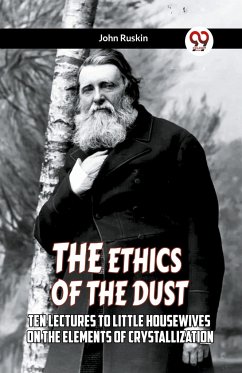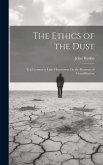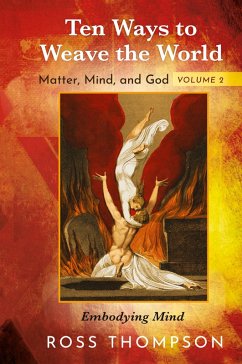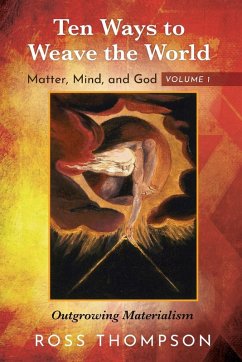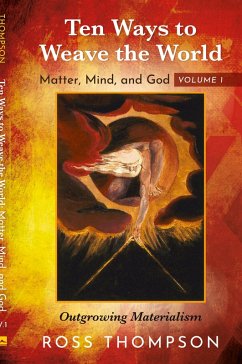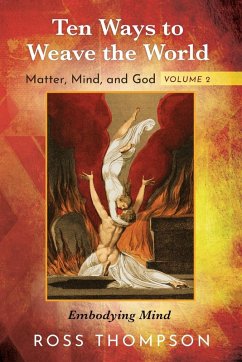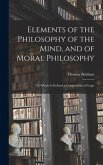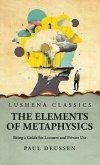John Ruskin, a famous English philosopher and art professional, wrote "The Ethics of the Dust" in 1866. It is the best thing he has ever executed like it. In this book, Ruskin teaches morals in a totally distinctive way: he uses the fairy world as a metaphor to teach morals to kids. There are a variety of conversations within the story between elemental beings that represent various things about nature, education, and being yourself. The Fairy Queen, who is a good man or woman, teaches the alternative fairies approximately the whole thing, from a way to be lovely and do their task to being fair and honest. Some of Ruskin's moral training come from his symbolic tales and his poetry. He talks about being honest, how training can exchange someone, and how human beings are related to the herbal international thru the fairy chats. No, "The Ethics of the Dust" isn't just a story. It's a psychological portray that makes human beings consider how they act morally and the way society as an entire act morally. Ruskin's specific mix of magic and morals is a laugh and easy way to teach humans approximately being aware about others and their very own variations.
Hinweis: Dieser Artikel kann nur an eine deutsche Lieferadresse ausgeliefert werden.
Hinweis: Dieser Artikel kann nur an eine deutsche Lieferadresse ausgeliefert werden.

